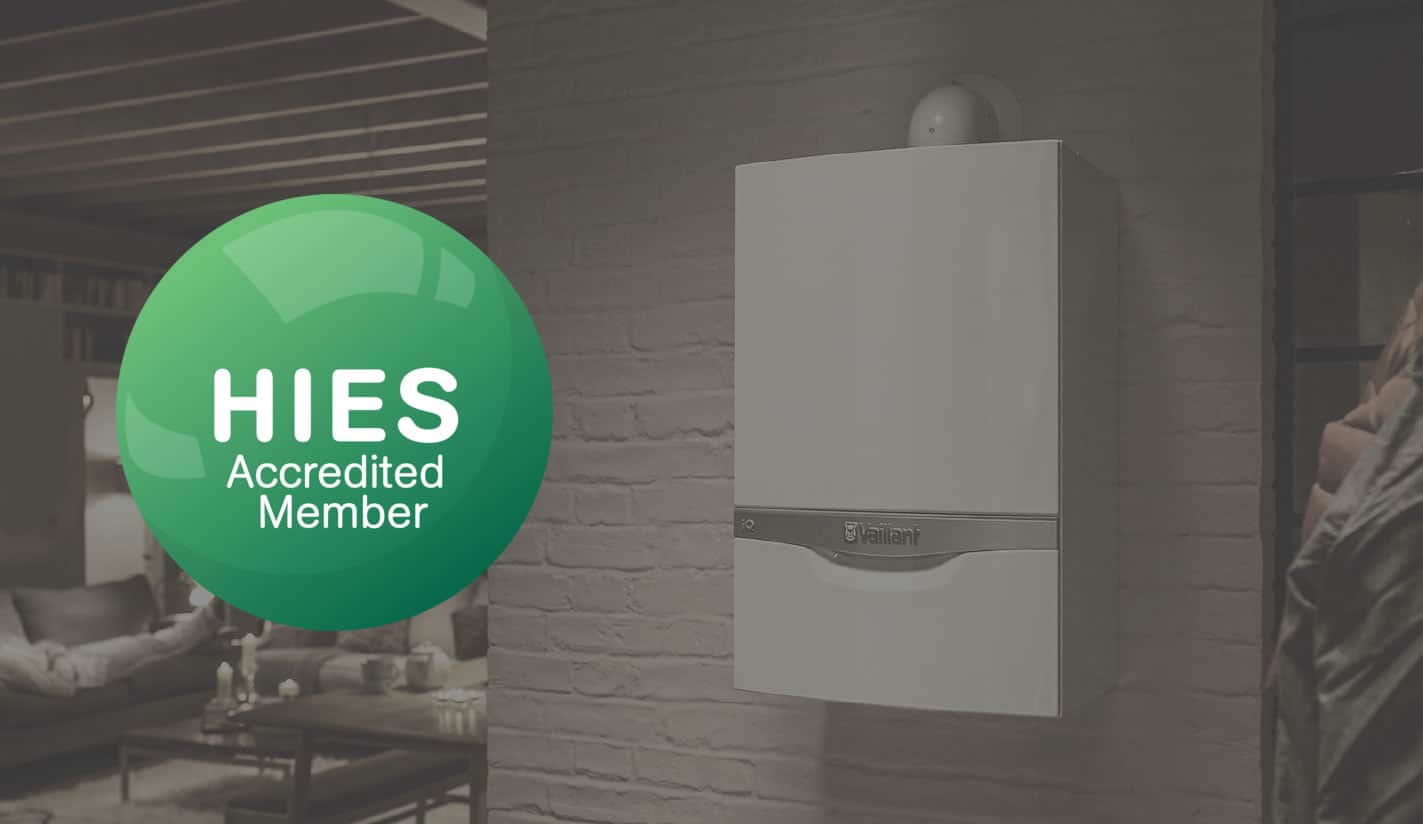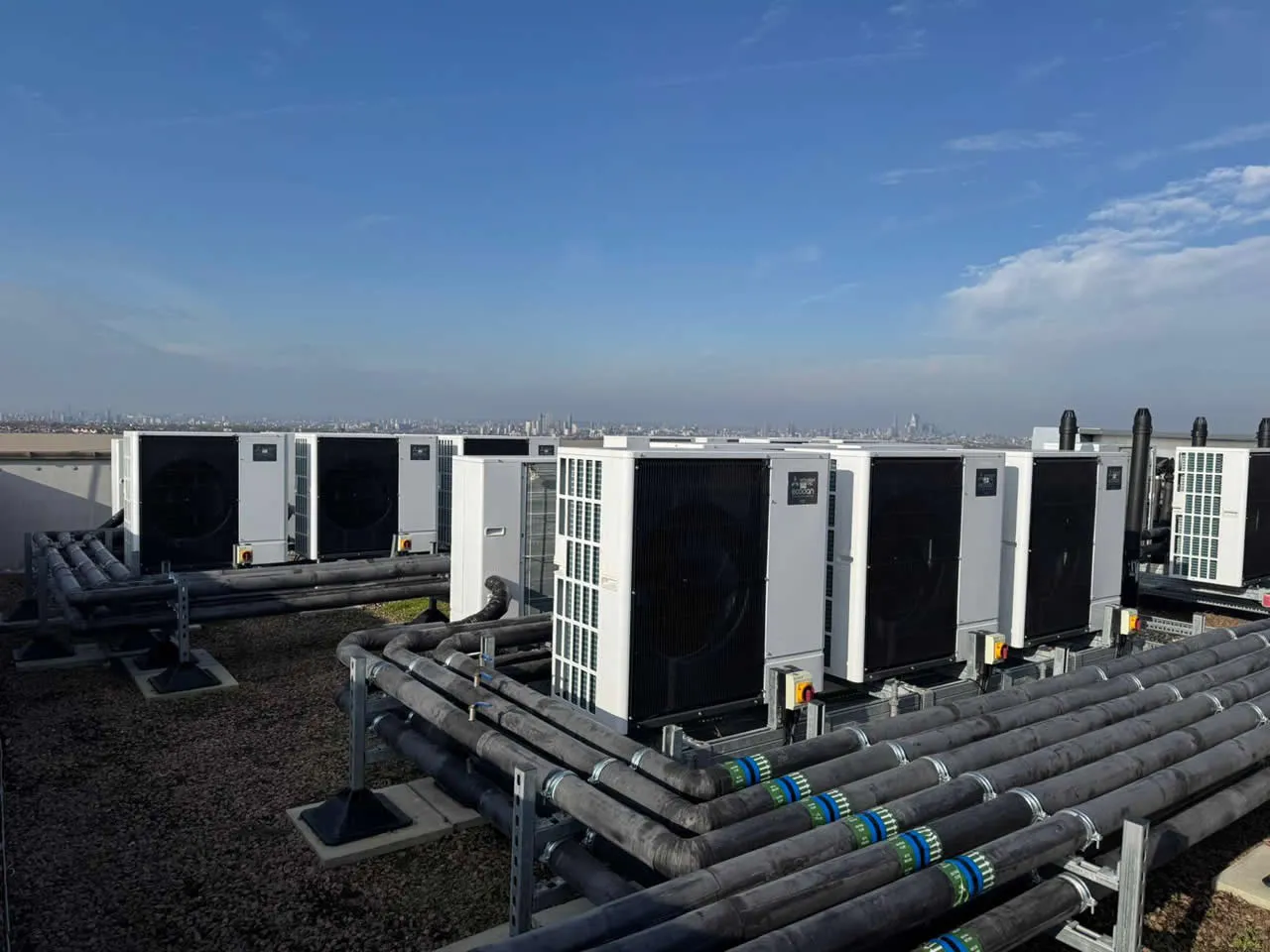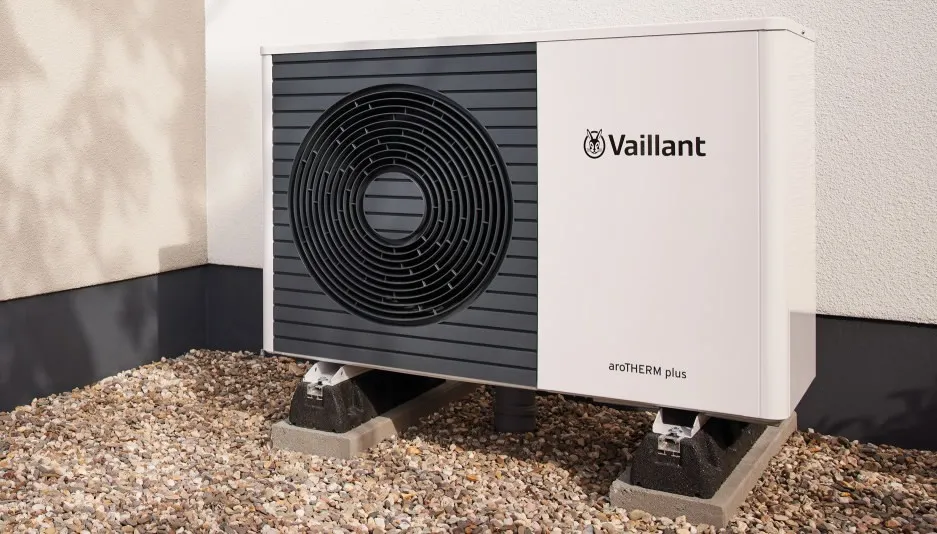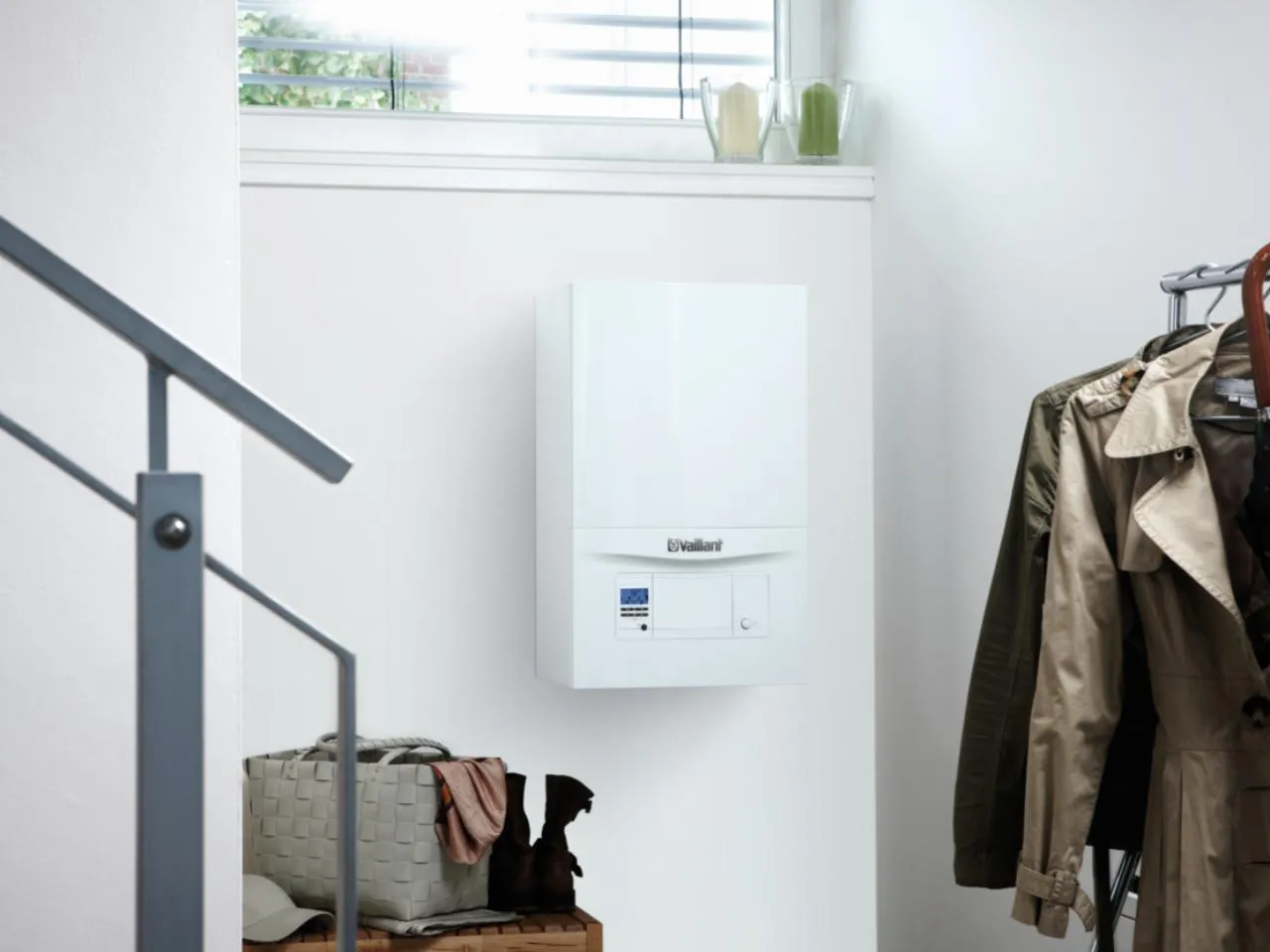Frequently Asked Questions
What is the scope of HIES consumer protection services?
The scope of HIES consumer protection services includes ensuring that consumers are safeguarded during the installation of renewable energy and home energy efficiency products, offering accreditation for installers, and providing dispute resolution assistance.
What does it mean to be a HIES accredited installer?
Being a HIES accredited installer means that the installer has met rigorous standards set by HIES, ensuring quality workmanship and adherence to best practices in renewable energy and home energy efficiency installations, providing consumers with added protection and peace of mind.
What is the purpose of HIES consumer protection policies?
The purpose of HIES consumer protection policies is to ensure that consumers are safeguarded during the installation of renewable energy and home energy efficiency products, promoting fair practices and providing support in case of disputes.
What is the process of HIES accreditation for installers?
The process of HIES accreditation for installers involves a thorough evaluation of their qualifications, adherence to industry standards, and compliance with consumer protection regulations. This ensures that only reputable installers are accredited to provide quality service.
How does HIES protect consumers from unfair practices?
HIES protects consumers from unfair practices by accrediting installers who meet rigorous standards, offering a framework for complaint resolution, and ensuring transparency in the home energy market. This fosters trust and safety for consumers engaging in energy installations.
What are the key features of HIES consumer protection?
The key features of HIES consumer protection include rigorous accreditation for installers, comprehensive dispute resolution services, and ongoing support for consumers, ensuring a safe and reliable experience in home energy installations.
What are the benefits of HIES consumer protection?
The benefits of HIES consumer protection include enhanced security for homeowners through accredited installers, access to dispute resolution services, and assurance that installations meet high standards, ultimately promoting confidence in renewable energy and home efficiency products.
What is the role of HIES in protecting consumer rights?
The role of HIES in protecting consumer rights is to ensure safe and fair practices in the home energy market by accrediting installers, providing dispute resolution services, and promoting transparency and accountability for consumers.
What are the requirements for HIES accreditation?
The requirements for HIES accreditation include demonstrating compliance with industry standards, maintaining appropriate insurance, having qualified personnel, and adhering to a code of conduct that prioritises consumer protection and quality service in home energy installations.
How does HIES handle consumer complaints effectively?
HIES effectively handles consumer complaints by offering a structured dispute resolution process, ensuring that concerns are addressed promptly and fairly. This approach helps protect consumers and fosters trust in accredited installers.
What are the benefits of hiring a HIES accredited installer?
The benefits of hiring a HIES accredited installer include enhanced consumer protection, access to qualified professionals, and assurance of high-quality installations. Additionally, accredited installers provide support for dispute resolution, ensuring a reliable and satisfactory service.
What services are included in HIES consumer protection?
The services included in HIES consumer protection encompass comprehensive support such as dispute resolution, access to accredited installers, and assurance of quality standards in renewable energy and home energy efficiency products.
How does HIES ensure installer quality standards?
HIES ensures installer quality standards through a rigorous accreditation process, which includes thorough assessments of installers' qualifications, adherence to industry regulations, and ongoing monitoring to maintain high service levels and consumer protection.
What training do HIES accredited installers undergo?
HIES accredited installers undergo rigorous training that includes technical skills, safety protocols, and customer service standards to ensure high-quality installations of renewable energy and home energy efficiency products.
What consumer rights does HIES protect?
HIES protects consumer rights by ensuring that installations of renewable energy and energy-efficient products are carried out by accredited professionals, providing a framework for quality assurance, and offering dispute resolution services to safeguard consumer interests.
How can consumers verify HIES accreditation?
Consumers can verify HIES accreditation by visiting the official HIES website, where they can search for accredited installers using their unique registration number or company name.
What disputes can HIES help resolve?
HIES helps resolve disputes related to the installation of renewable energy and home energy efficiency products, including issues with accredited installers, service quality, and adherence to consumer protection standards.
What are the penalties for non-compliance with HIES?
The penalties for non-compliance with HIES can include financial penalties, loss of accreditation, and potential legal action against installers. These measures ensure adherence to standards and protect consumers in the home energy market.
How does HIES promote fair energy practices?
HIES promotes fair energy practices by ensuring that accredited installers adhere to strict standards, providing consumer protection through transparent guidelines, and offering dispute resolution services to address any issues that may arise during the installation process.
What is the timeline for HIES accreditation?
The timeline for HIES accreditation typically involves a thorough assessment process that can take several weeks to complete, depending on the specific requirements and the responsiveness of the installer.
What documentation is needed for HIES accreditation?
The documentation needed for HIES accreditation includes proof of relevant qualifications, insurance certificates, and evidence of compliance with industry standards. These documents ensure that installers meet the necessary criteria for consumer protection and quality assurance.
How does HIES support consumers during installations?
HIES supports consumers during installations by ensuring that accredited installers meet high standards of quality and safety. They provide guidance, monitor the installation process, and offer dispute resolution services, ensuring a smooth and secure experience for homeowners.
What feedback mechanisms does HIES provide?
HIES provides several feedback mechanisms, including customer surveys, direct communication channels for concerns, and a dispute resolution service to ensure consumer satisfaction and continuous improvement in the home energy market.
What are the costs associated with HIES accreditation?
The costs associated with HIES accreditation include application fees and ongoing membership fees, which vary depending on the size and type of business. These fees ensure access to consumer protection benefits and support services.
How does HIES monitor installer performance?
HIES monitors installer performance through regular assessments, customer feedback, and compliance checks to ensure that accredited installers meet high standards of quality and service in the home energy market.
What consumer education resources does HIES offer?
HIES offers a range of consumer education resources, including informative guides, webinars, and access to expert advice, all aimed at helping consumers understand home energy efficiency and renewable energy installations.
How can consumers report issues to HIES?
Consumers can report issues to HIES by contacting their customer service team via phone or email, providing details of the problem to ensure prompt assistance and resolution.
What is the impact of HIES on energy efficiency?
The impact of HIES on energy efficiency is significant as it ensures that accredited installers adhere to high standards, promoting the use of quality renewable energy and insulation products that enhance home energy performance and reduce overall energy consumption.
How does HIES collaborate with energy providers?
HIES collaborates with energy providers by establishing partnerships to promote the use of accredited installers, ensuring high standards in renewable energy and home efficiency products, and facilitating consumer access to reliable services and support.
What are the common complaints HIES addresses?
The common complaints HIES addresses include issues related to poor installation quality, inadequate customer service, and disputes over warranties or guarantees. HIES provides support to resolve these concerns, ensuring consumer protection in the home energy market.




